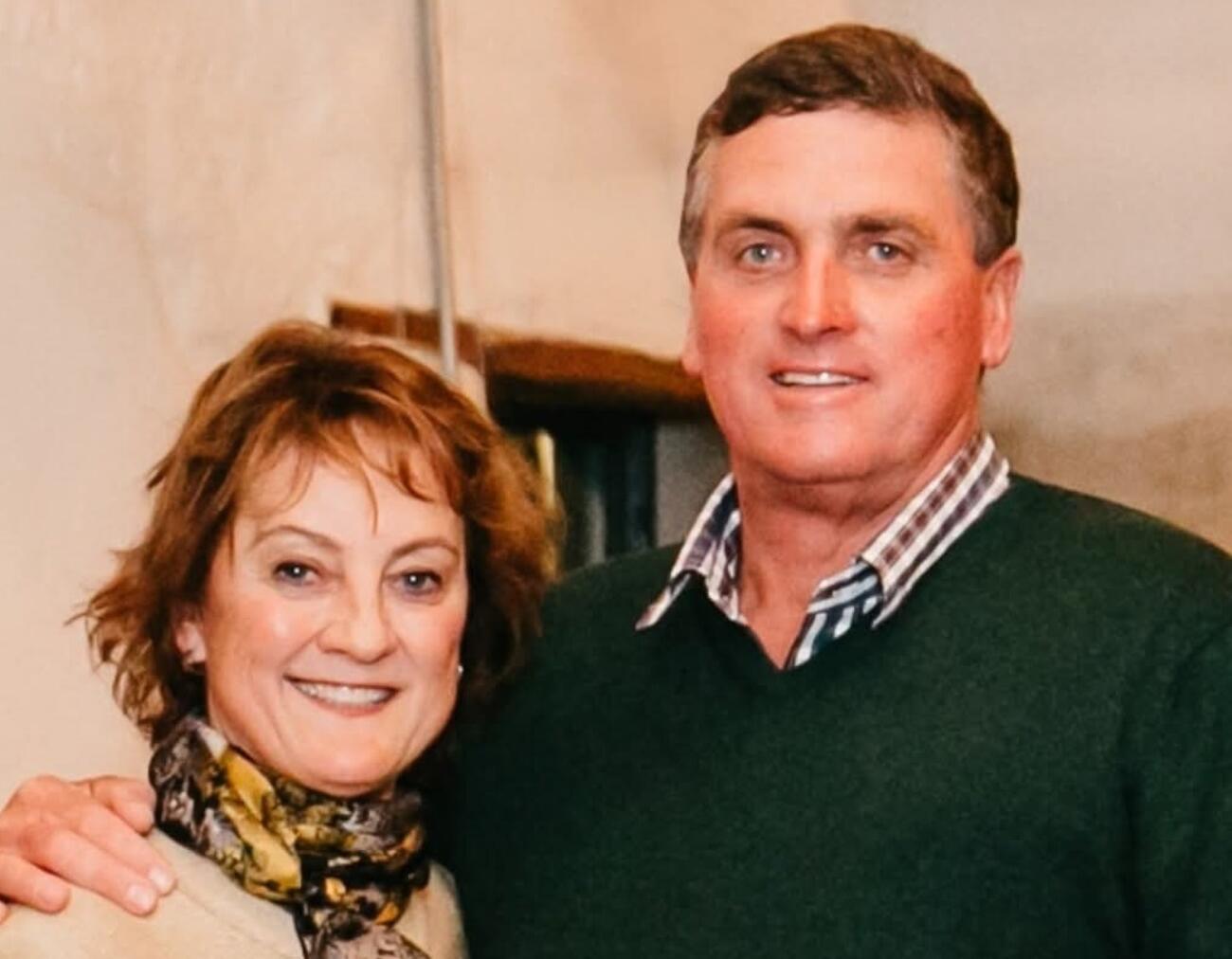Insights

Andre Brink: Cultivating Family Legacy at Groot Phesantekraal
In the rolling hills of Durbanville, where wheat and canola fields stretch toward the horizon and vineyards thrive in the Cape's Mediterranean climate, stands Groot Phesantekraal - a farm whose rich history spans six generations. At the helm of this thriving enterprise is fourth-generation family member, Andre Brink, whose accolades speak to his agricultural success: Agricultural writers SA’s National Farmer of the Year 2024, Durbanville Businessman of the Year 2024, and SA Grain Farmer of the Year 2022.
At a recent Stonehage Fleming Future Focus event, we had the privilege of meeting Andre and learning more about his family business.
Building a Sustainable Legacy
Brink takes building inter-generational wealth seriously. For him, farming isn't merely about the current harvest, vintage or business imperative - it's about something far more enduring.
"It's a privilege to be financially sustainable and to be able to pass on the wealth to the next generation," he says. "We’ve had six generations walking on the farm, and that's a privilege, but also a big responsibility: it's not theirs, it's their grandchildren's."
This philosophy of stewardship rather than ownership has guided Brink's approach to managing the 840-hectare property, which has evolved from a traditional farm to a diversified business including wine production, livestock, grain farming, and even property development.
The Family Business Advantage
As a family business, Groot Phesantekraal operates with distinct advantages over corporate entities. "The cost of people is the family," Brink notes, "and if you decide there should be no bonuses, then you can immediately enforce that, whereas a corporation has to pay bonuses and salaries."
This flexibility allows the Brinks to reinvest in the business when necessary, helping to fund expansion and innovation. Since 2004, when they acquired some eight surrounding farms, the Brink family has achieved the scale needed for their grain operations to thrive, despite the significant capital investment required for large machinery.
Yet Brink is quick to point out that family businesses face unique challenges, particularly when it comes to succession. "It's challenging to transfer family wealth and business from one generation to the next, but it's also exciting," he says.
The Succession Blueprint
Andre and his wife, Ronelle, have developed a clear strategy for bringing the next generation into the business. After completing high school, their children are expected to earn university degrees. "I want them to experience having to find out how to collect information and work towards an end goal," Brink explains. Following their studies, he insists they work for someone else for at least a year before returning to Groot Phesantekraal if that’s what they want for their future.
This approach has proved successful. Their sons, Rennie and Jeandre, built up external experience before returning to the farm to take over specific roles. Rennie, who holds an accounting degree from Stellenbosch University, manages the business side of operations, while Jeandre applies his agricultural degree to overseeing the farm's cattle, sheep, and game.
Their daughter Marizanne, having recently completed her studies in Industrial Engineering, has begun her professional career outside the family business - a path her father respects.
Diversification as Security
The Brink family has embraced diversification as a strategy for maintaining financial stability and creating opportunities for future generations. In addition to their core farming operations, they recognised the potential of the local property market.
"During the farming expansion, we observed that property in this area was in high demand, and so we also entered the property development sector," Brink explains. This venture has resulted in 3,000 property opportunities and involvement in the development of a new shopping centre adjacent to the farm.
The family's wine business, which began when Andre and Ronelle planted vineyards on 50 hectares of the farm in the late 1990s, has added another revenue-making dimension. Their investment in a pellet-making machine to produce food for their animals further demonstrates their commitment to vertical integration.
The Fruits of Building a Family Farming Business
The family's lifestyle reflects the rewards of their approach. "It's a privilege to live in nature and have a lifestyle where you see your family on an hourly basis," Brink says. "And I believe that you must enjoy what you do."
For Brink, the key to accommodating future generations is to always lift the bar in all the family’s endeavours. "Adding value is important to us," he explains. "To achieve high yields on the farm, we must ensure the quality and sustainability of our ventures, and we take ownership of all the challenges we undertake. Our focus in the restaurant and winery is also to add value."
The path to success is never smooth sailing, says Brink, but achieving something is most rewarding when you share in that success. For him, true success lies not just in the awards he’s received but in creating a legacy that will sustain his family for generations to come.